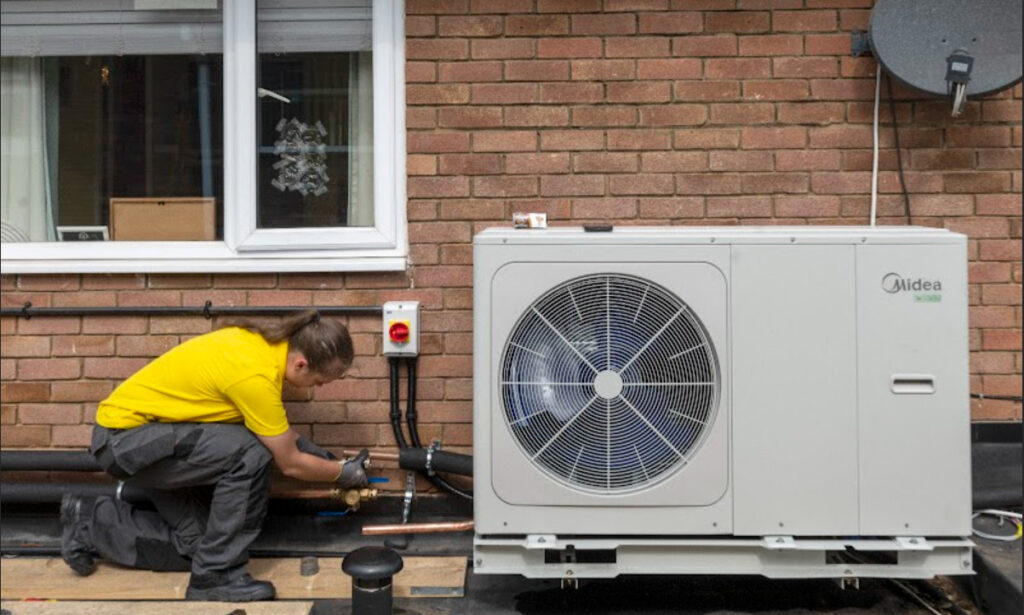Clean power provider Good Energy will pay its customers to automate flexible heat pump and home battery use using its new platform, FlexiRewards.
FlexiRewards, Good Energy claims, will take demand side response “a step further” by automating customers’ flexibility, enabling them to earn between £5 and £20 a month without actively adjusting their energy usage—National Grid’s demand flexibility service (DFS) requires customers to respond to alerts to manually adjust their energy usage.
The platform has been launched as a pilot and is only available to some Good Energy customers who have had either heat pumps or batteries installed by the company. Participants do not, however, have to use Good Energy as their electricity supplier.
FlexiRewards monitors and automatically adjusts how heat pumps and home batteries use or share electricity during peak periods. Good Energy further states that research carried out by the University of Southampton with its customers that use heat pumps found that the technology can be paused for up to two-hour periods with “limited” impact on home heat.
James Rees, director of product and propositions at Good Energy, explained: “With FlexiRewards, we’re offering a way for our customers to save and earn money with little to no effort, while supporting a cleaner, more resilient energy system. We hope it will provide new insights into a smart energy future where everyone can play a role in grid efficiency – and get rewarded for it.”
Demand side flexibility has long been considered a crucial part of the transition to net zero, helping to balance the grid as it struggles to handle increasing amounts of intermittent generation as more clean energy comes online.
In January, National Grid reported that over the 2023/24 period, its DFS delivered over 2,507MWh of saved capacity across both live and planned test events.
The National Energy System Operator’s (NESO’s) recent Clean Power 2030 report placed significant focus on the practice, going as far as to place it before small scale storage from batteries in its hierarchy of flexibility options.
To effectively implement demand flexibility as part of the energy system, huge societal and digital shifts will have to happen; NESO suggests that paying consumers to engage with flexibility services is a valuable incentive. Initiatives that require little to no active participation from customers offer even more of a use case.
Octopus Energy, the UK’s biggest energy supplier, launched a home battery virtual power plant (VPP) that automates energy consumption drops during pre-scheduled demand events and exporting excess back to the grid.
This year, for the first time an evolved version of the DFS will allow it to compete against the other commercial tools available to the ESO control room and DFS providers. Customers can stack the service with other revenue streams, ensuring greater opportunities to realise value from flexible electricity use.






